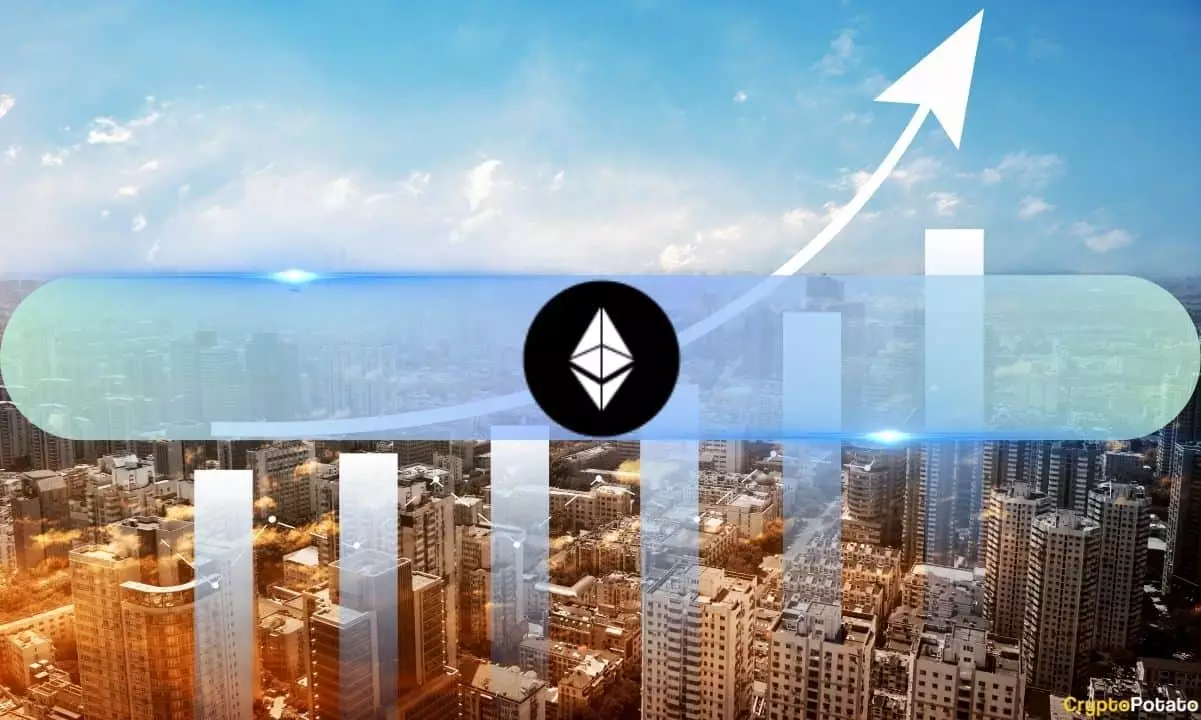Ethereum, as a prominent player in the blockchain landscape, has adopted a modular architecture since 2020, strategically outsourcing critical functions such as transaction execution and data management to layer-2 networks. This approach is designed to decentralize the ecosystem and enhance scalability but has come with its own set of challenges. According to research from Hack VC, a web3 venture capital firm, initial outcomes from this shift have created negative repercussions for ether (ETH) pricing in the short term due to reduced transaction fees and diminished token burning—a key factor influenced by Ethereum Improvement Proposal 1559 (EIP-1559).
As transaction costs decline, the scarcity of ETH is likewise affected, creating downward pressure on its market price. Consequently, Ethereum has seen a lag in performance compared to competitors like Bitcoin and Solana, which have managed to capture greater market interest and investment. The relative underperformance of ETH this year must be analyzed in the context of newly introduced layer-2 tokens, which, while diversifying the Ethereum ecosystem, may also detract from the attention currently hitherto focused on ETH itself.
Research illustrates that while lower fees bring immediate advantages for users, such as cost-effective transactions, they also dilute the fundamental value that comes from scarcity—an economic principle essential to sustaining robust cryptocurrency valuations.
Despite these short-term challenges, Ethereum’s modular strategy shows promise for long-term resilience. The platform positions itself to adapt to emerging technologies, including zk-rollups and collective security frameworks like EigenLayer. By investing in a broader ecosystem, Ethereum not only prepares itself to remain relevant but potentially outpaces well-known businesses of the past that failed to innovate, like AOL and Yahoo.
A significant takeaway from the Hack VC report is the potential for Ethereum to outstrip competitors if it captures the benefits of networking effects—where the value of a service increases as more people adopt it. Consequently, the establishment of a modular system can be seen as a strategic maneuver ensuring that Ethereum maintains its foothold as a dominant smart contract platform. This perspective offers optimism to holders and investors, signaling that while current valuations may not reflect expectations, the groundwork is being laid for future growth.
Interestingly, Ethereum has recently witnessed a marked uptick in its price, surging more than 30% in a short span, effectively adding more to its market cap than that of Solana. On November 12, ETH prices reached a peak of $3,424, reflecting a broader trends in the cryptocurrency market that suggests renewed investor confidence. However, a brief softening followed with ETH trading around $3,148 as of the latest updates.
Moreover, inflows into Ethereum-focused exchange-traded funds (ETFs) indicate a growing institutional interest. Following a standout day on November 12, BlackRock’s ETHA saw a significant inflow of $131.4 million, signaling strong investor sentiment.
Albeit facing immediate challenges concerning pricing and market share, Ethereum’s innovative modular strategy and increasing institutional involvement illuminate a path forward. The balance of maintaining price stability while preparing for inevitable shifts in technology is crucial for ensuring Ethereum’s continued prominence in the decentralized landscape.

